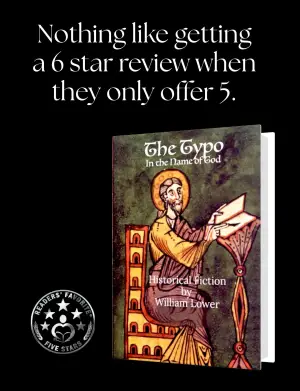A Reflection on Mercy: My Journey Through Just Mercy
When I first stumbled upon Just Mercy: A Story of Justice and Redemption, Bryan Stevenson’s poignant narrative caught my eye not just for its critical acclaim—#1 New York Times bestseller and now a major motion picture—but because it promised to delve into the often murky waters of our justice system. As someone deeply intrigued by justice and its complexities, I felt compelled to explore its depths through Stevenson’s eyes—an idealistic, yet gritty lawyer passionate about advocating for those often forgotten by society.
In Just Mercy, Stevenson recounts his transformative journey as he establishes the Equal Justice Initiative, focusing predominantly on the case of Walter McMillian, a young Black man wrongfully convicted of murder. The layers of injustice surrounding McMillian’s case are chilling: unreliable witness testimonies, glaring evidence overlooked, and the harsh reality of racial discrimination permeating every aspect of the legal process. This story becomes both a tale of profound frustration and a glimmer of hope, reminding us of the power of one person’s dedication to justice.
Bryan Stevenson’s writing style is both lyrical and heart-wrenching, evoking a vivid sense of empathy for the individuals he represents. He lays bare the stark realities of America’s criminal justice system—mass incarceration, the death penalty, and systemic bias—without shying away from the emotional weight each case carries. Stevenson writes, “Each of us is more than the worst thing we’ve ever done.” This simple yet profound sentiment resonated deeply with me, reminding me of our shared humanity.
The pacing of the narrative is deliberate, allowing readers to fully absorb not just McMillian’s story, but also the various other cases that illuminate broader societal failures—from the treatment of juveniles sentenced to life imprisonment to the injustices faced by people with mental health issues. Stevenson’s commitment to weaving individual stories into a larger commentary on justice renders the book equally educational and emotionally impactful.
One testimonial claimed that, “This book tells the poignant story… of a seriously flawed criminal justice system.” I couldn’t agree more. Each chapter unveils another layer of injustice that is both a heartbreaking and an enlightening reminder of the work that still needs to be done. The stories are not just statistics; they are lives—complex, beautiful lives deserving of compassion and understanding.
As I closed the book, I was left contemplating who might find solace or inspiration in Stevenson’s words. Just Mercy is not just for those interested in the legal field; it’s essential reading for anyone seeking to understand the painful realities of racial and social justice. It resonates with moral thinkers, activists, students, and perhaps even those who have never questioned their own privilege within this flawed system.
In a world often overshadowed by cynicism and despair, Just Mercy offers a beacon of hope and a clarion call for empathy and action. Bryan Stevenson’s journey reminds us that mercy, even—or especially—when it feels undeserved, has the power to transform our collective narrative. It’s a book that not only transformed my understanding of justice but also reinforced my belief in the potential for change and compassion within us all.
[ad_2]
You can find Just Mercy: A Story of Justice and Redemption (One World Essentials) here >>






